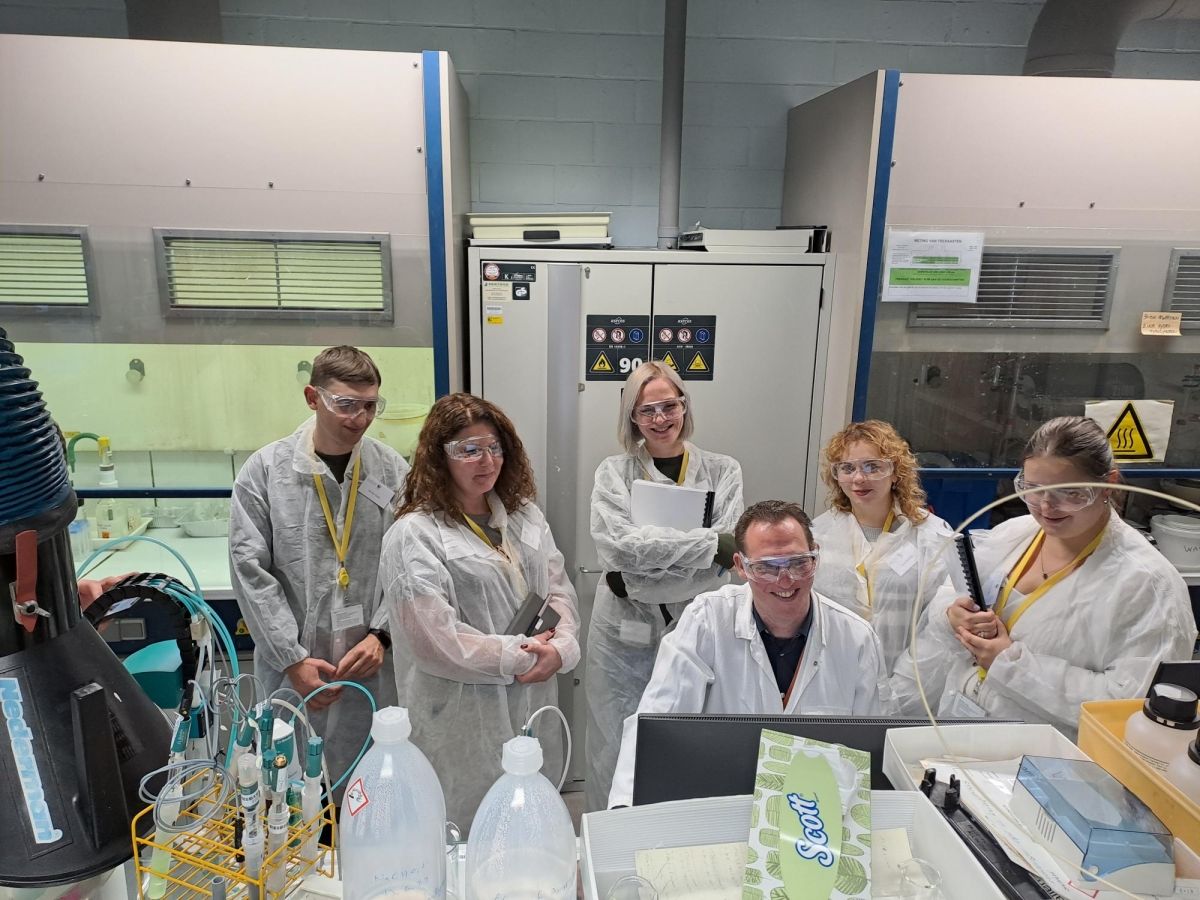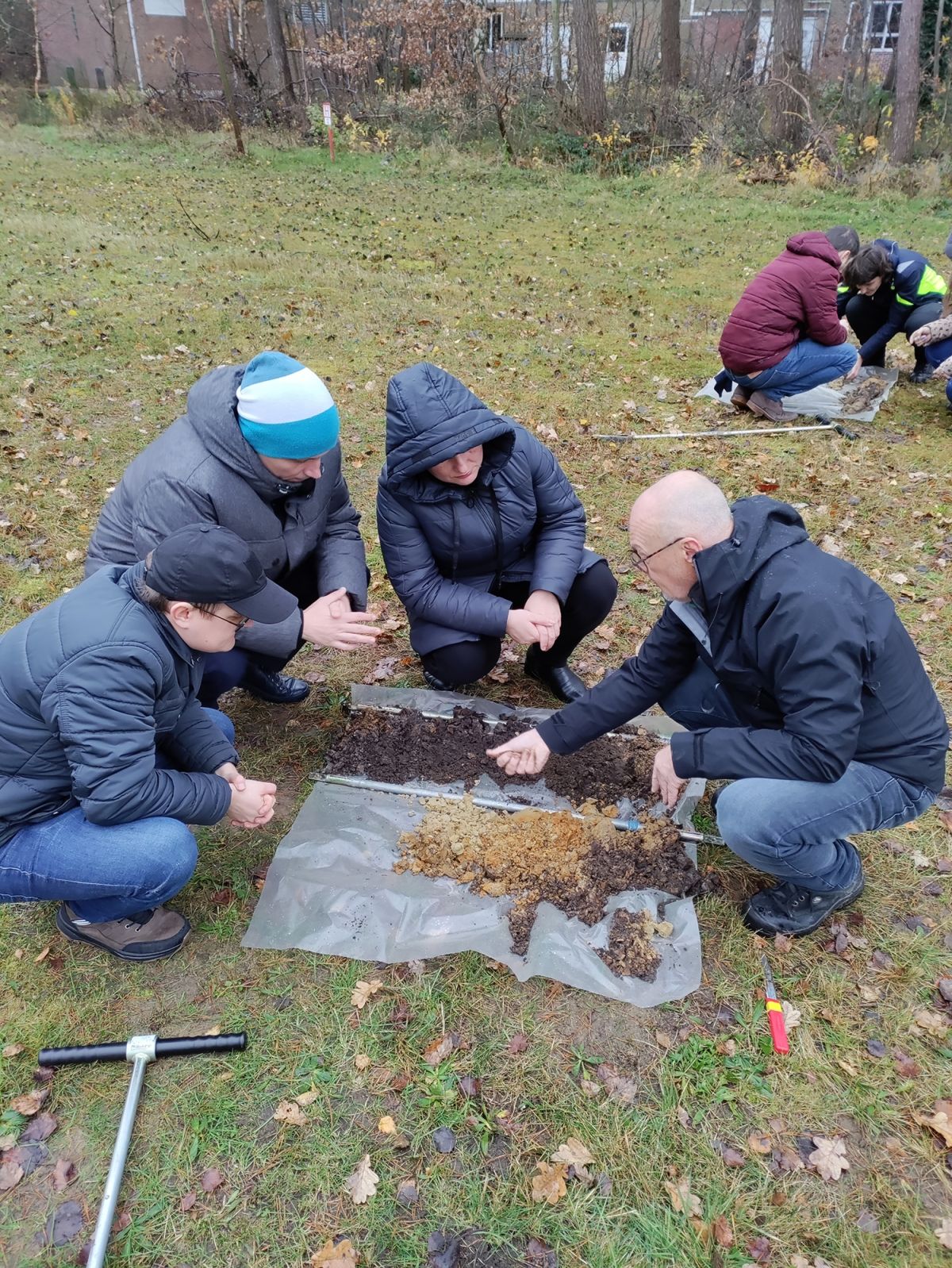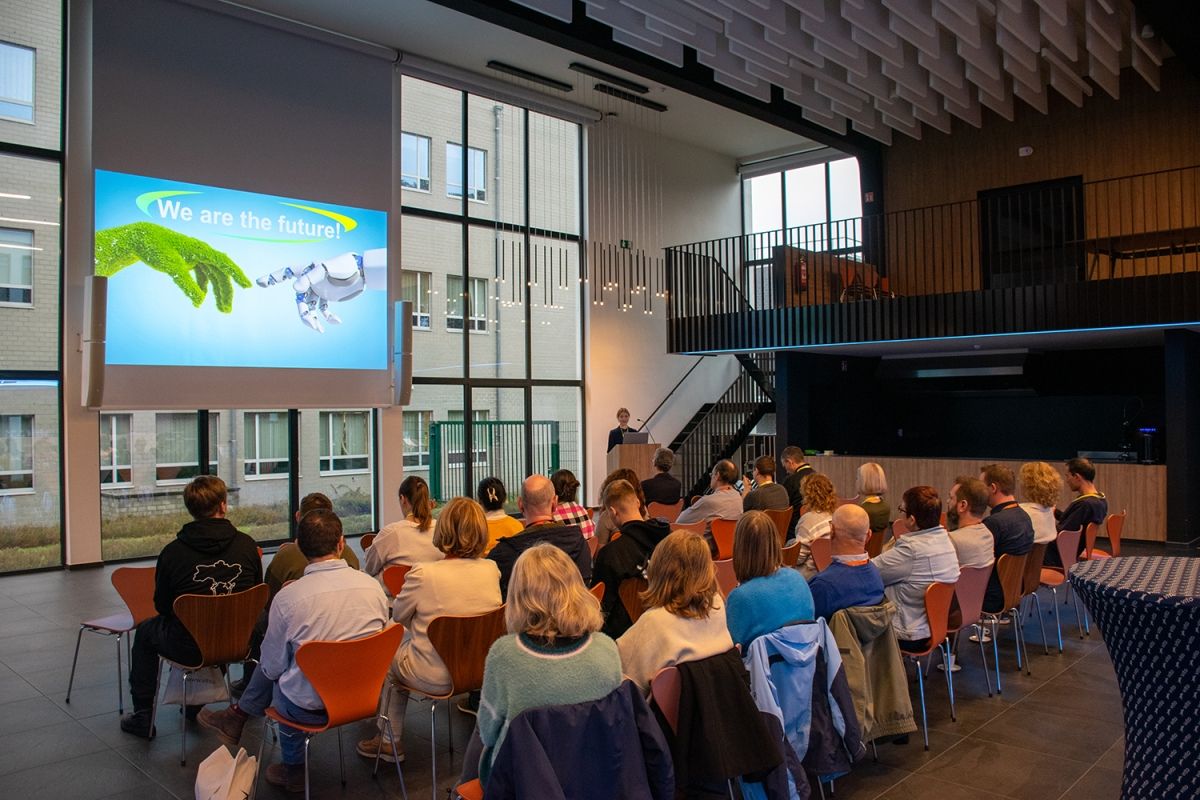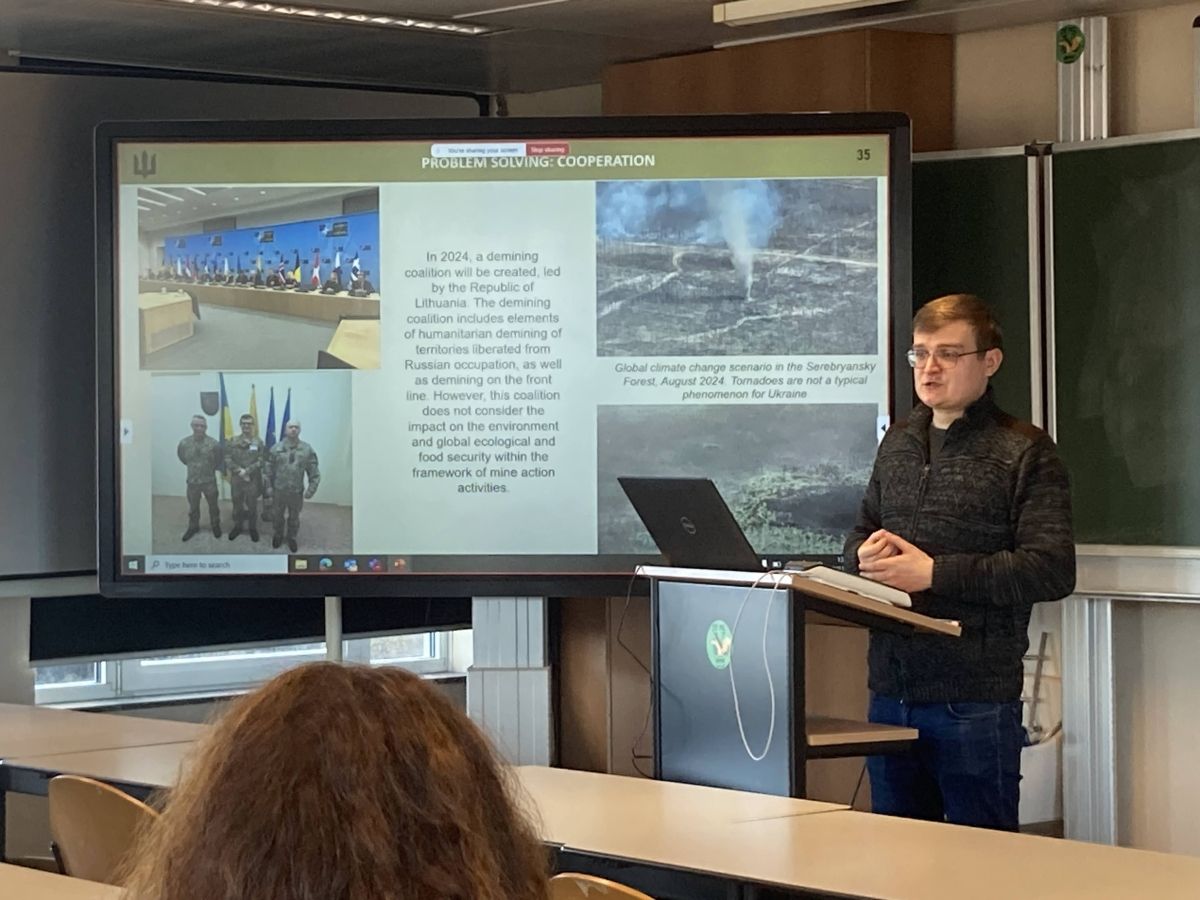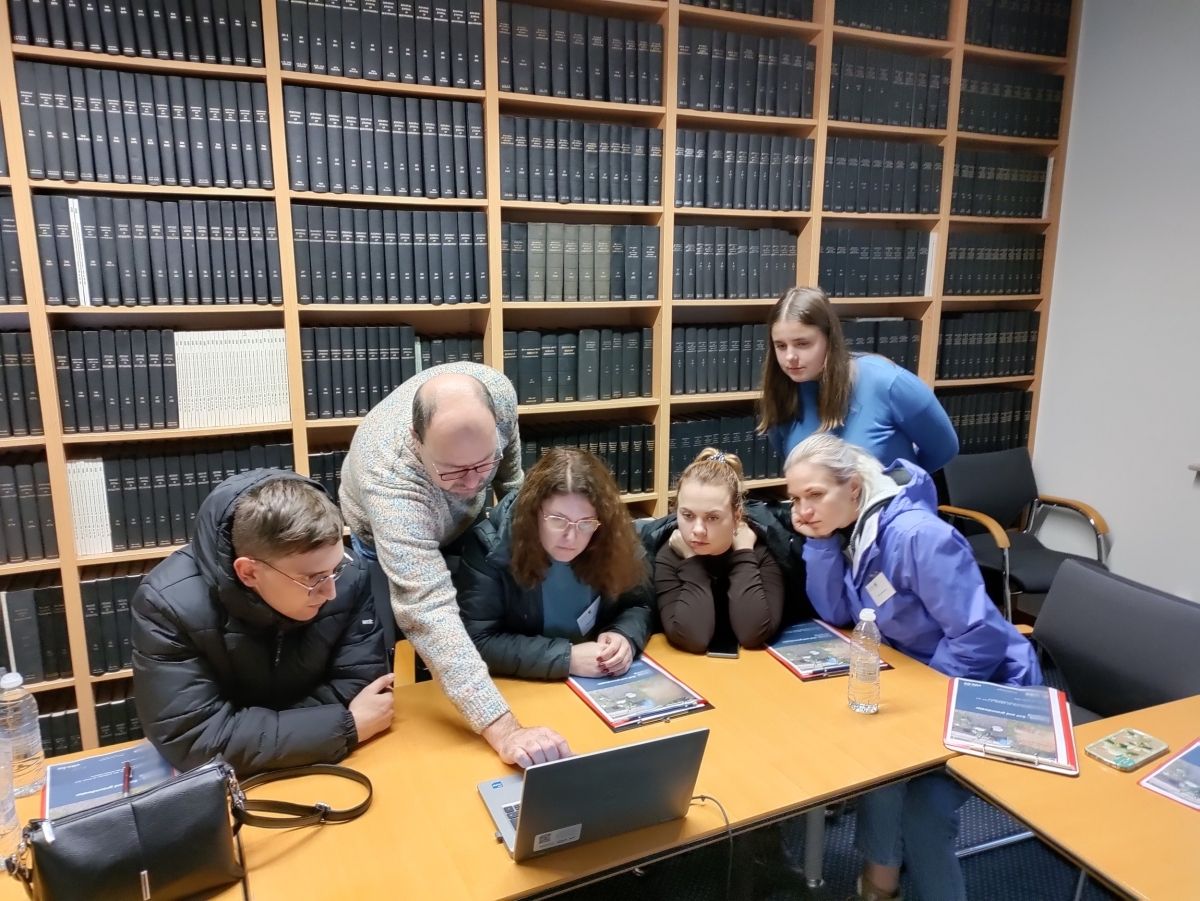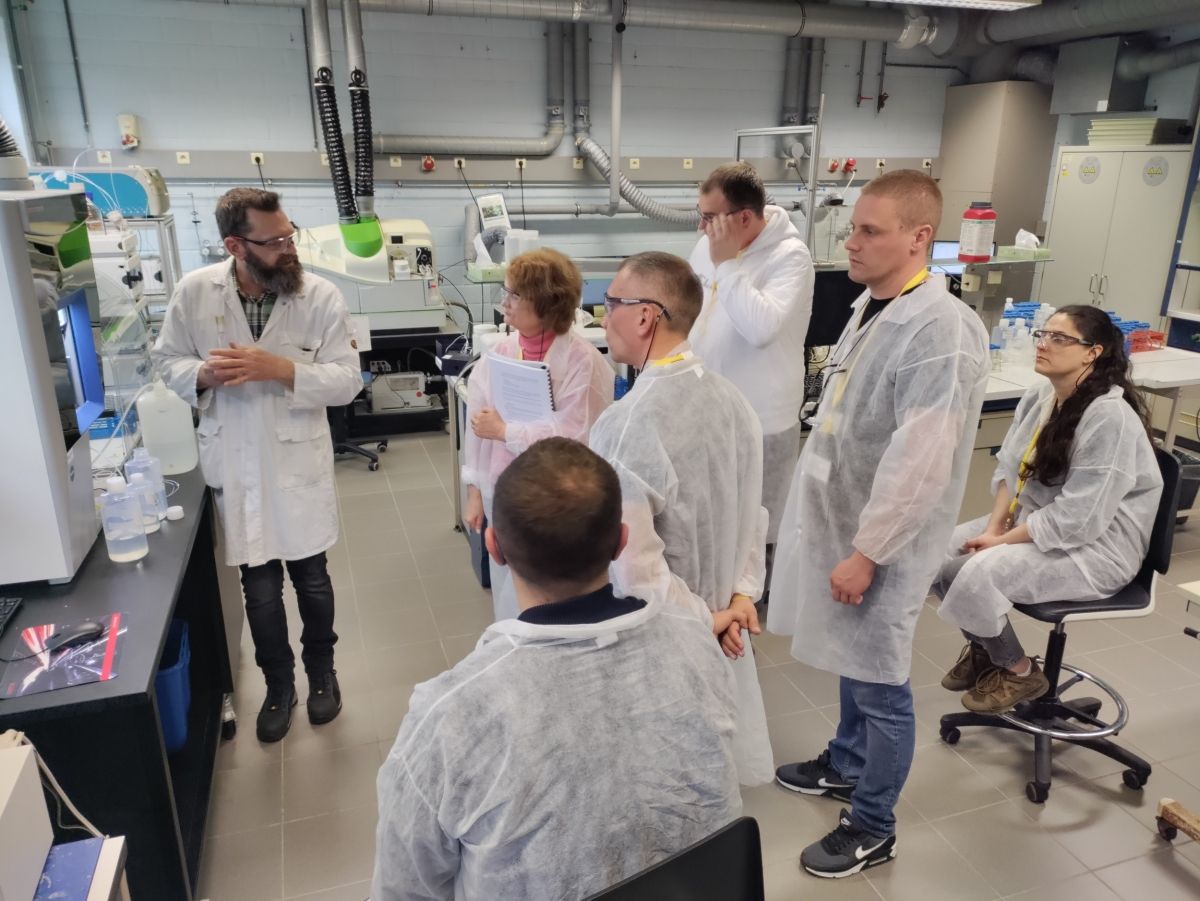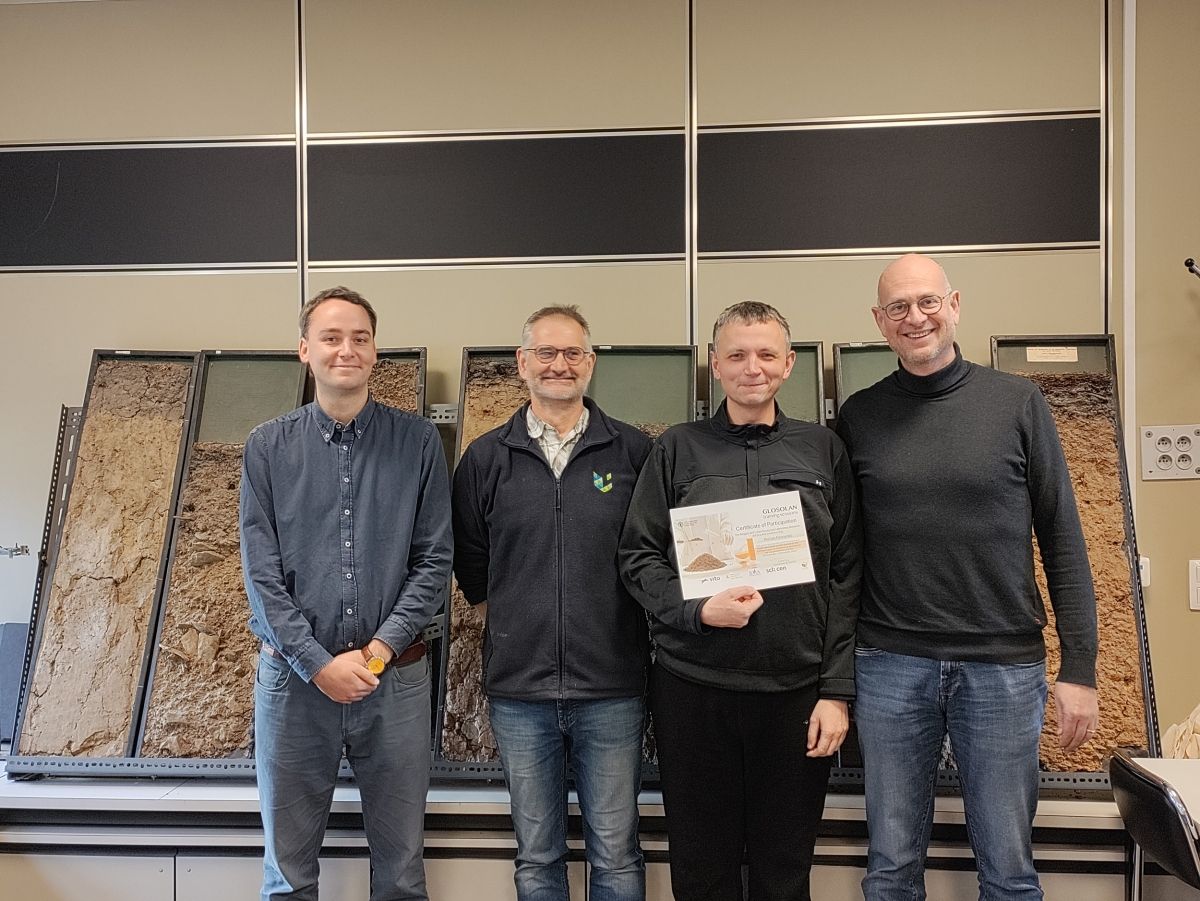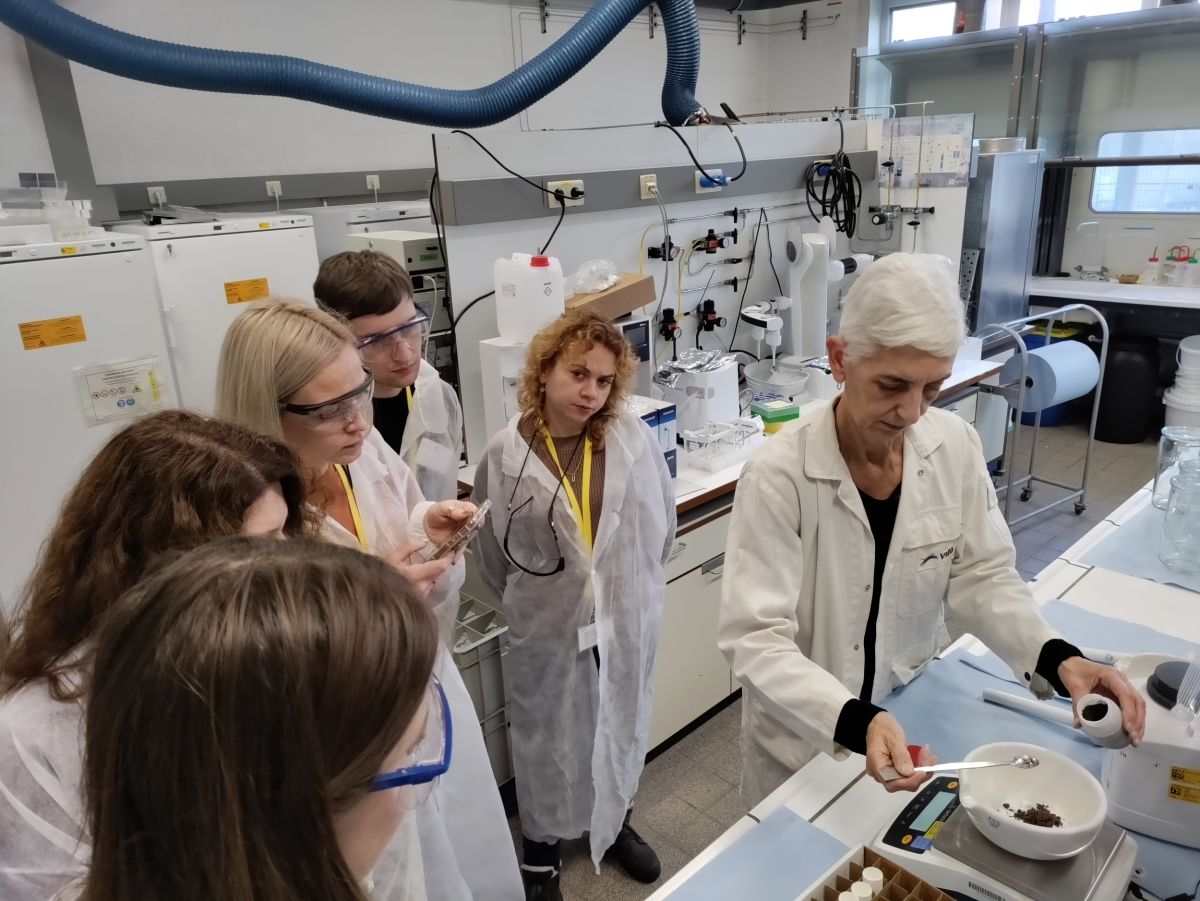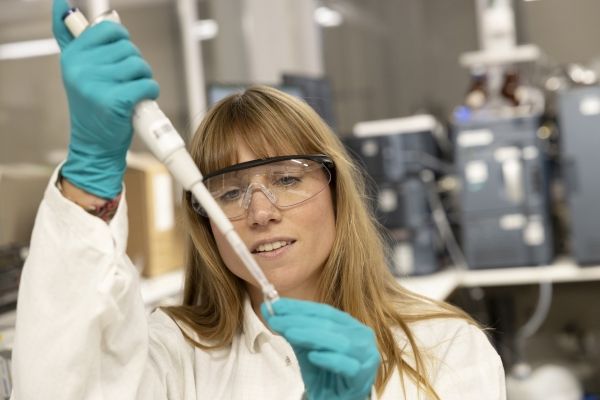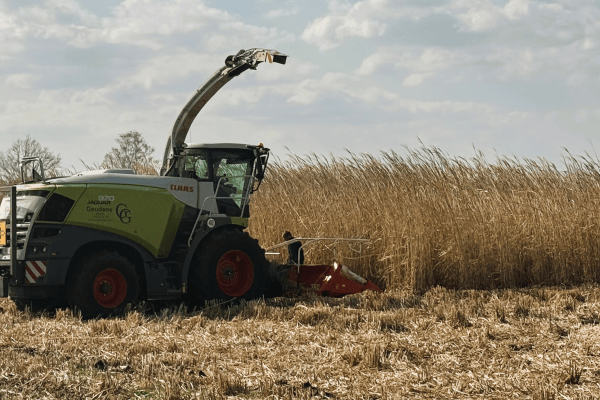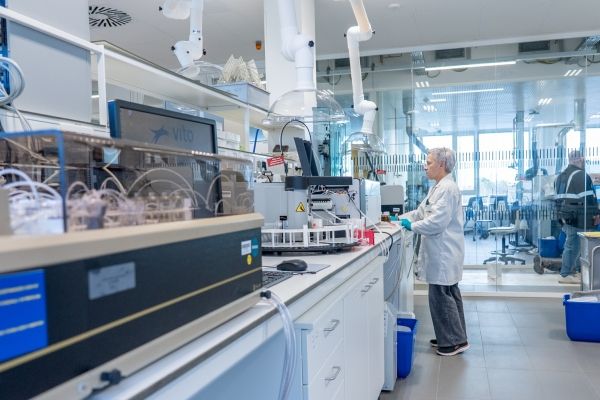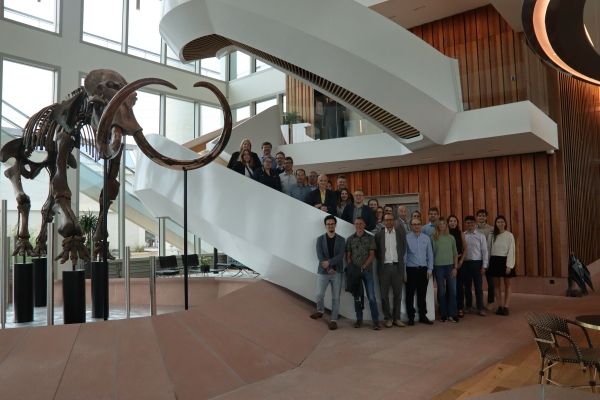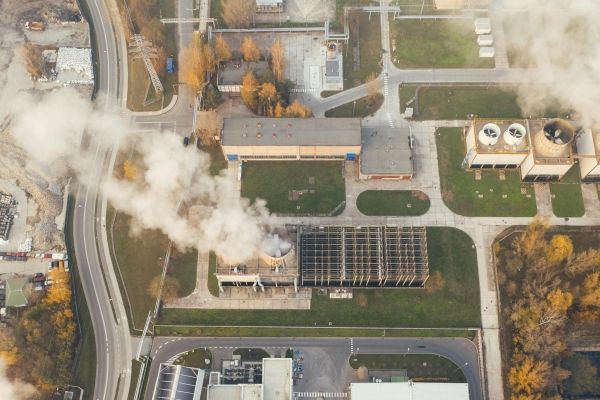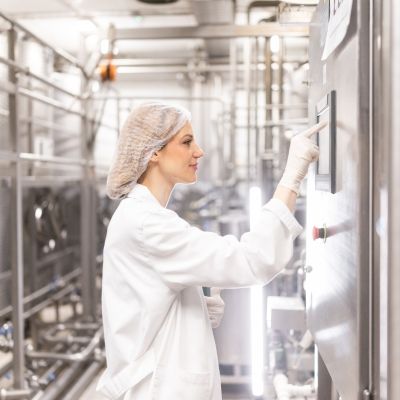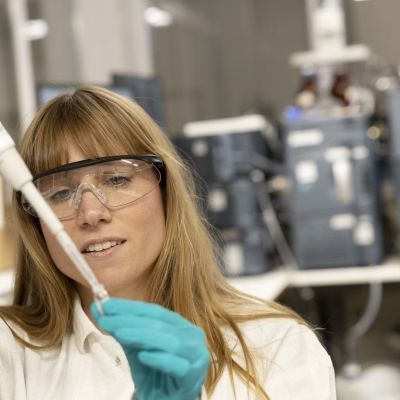VITO honoured by FAO for advancing soil monitoring in conflict zones
VITO has been officially awarded Technical Recognition status in the theme Land, soil and water resource management for resilient agriculture and food security during FAO’s Global Technical Recognition Ceremony in Rome, which was organised as part of FAO’s 80th anniversary programme. The recognition highlights VITO’s leadership in soil monitoring and its contribution to strengthening resilient agrifood systems in Ukraine.
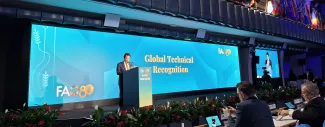
“VITO has been an exceptional partner to our programme delivering real, on-the-ground impact through the BESOLAN expertise shared with Ukrainian institutions. Working with an institute that concentrates advanced performance laboratory equipment and deep soil-pollution expertise on a single campus has accelerated our protocol development and improved data defensibility. Throughout implementation, VITO was flexible and highly responsive, adapting to evolving field conditions while keeping the work plan on track. Their collaborative approach of combining hands-on knowledge transfer with practical problem-solving has built capacity where it matters and will continue to benefit national institutions in the future.”
- Nathan Park, Soil and Water Pollution Specialist FAO
Restoring soil health in conflict zones
Finding its origin in the densely urbanized and industrialized legacy, Flanders holds a strong position in the field of soil contamination, remediation, and sustainable soil management. For over three decades, VITO has served as the reference laboratory for environmental monitoring and soil remediation in the Flemish region ensuring scientific reliability and quality assurance in soil analysis aligned with European standardisation frameworks.
As the coordinator of BESOLAN (Belgian and Luxembourg Soil Laboratory Network), VITO collaborates with universities, laboratories, and research institutes across disciplines such as soil chemistry, microbiology, sustainable agriculture, and environmental technology. This multidisciplinary network promotes harmonised analytical methods, shared data, and continuous innovation in soil science.
Soil quality is directly linked to food safety, especially through the management of soil contamination. Drawing on its analytical expertise, VITO (together with BESOLAN partners) supports the detection and risk assessment of contaminants such as heavy metals, persistent organic pollutants, and PFAS in soils and agricultural products.
VITO’s reference laboratory also led BESOLAN in an international partnership with the FAO to address soil pollution caused by military activity in Ukraine. The initiative, Restoring Soil Health in Conflict Zones: A Ukrainian–Belgian Training Partnership for Resilient Agri-Food Systems, focuses on contamination risks from trace elements and explosive residues that threaten food safety, water quality, and agricultural productivity.
The project combines capacity building, field and advanced analytical training to empower Ukrainian experts and institutions. It consists of three key components:
-
a 36-hour e-learning course on soil and groundwater contamination, legal frameworks, sampling, and remediation;
-
a two-week practical training in Belgium, hosted by BESOLAN institutes (including VITO, SCK CEN, University of Liège, and Royal Military Academy), involving laboratory and fieldwork on contaminants such as explosives and heavy metals;
-
laboratory counter-analysis of Ukrainian soil samples, applying GLOSOLAN and EU-aligned analytical protocols.
Together, these elements formed a science-based model for soil assessment and data-driven land recovery — ensuring local experts can independently monitor, analyse, and rehabilitate war-affected land.
“Together with our partners of the BESOLAN network, we appreciate FAO’s recognition for our ongoing commitment in disseminating the scientific reliability and quality assurance in soil analysis aligned with European standardisation frameworks”
- VITO team lead & BESOLAN coordinator Dr. Kristof Tirez
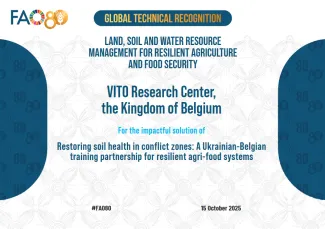
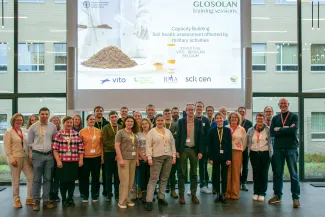
Building resilience through science and collaboration
Beyond technical training, the project built institutional resilience by embedding good laboratory governance and data exchange in Ukrainian soil laboratories. Twenty-five Ukrainian experts, including young scientists and women, have been trained and are now transferring these skills within their national institutions, creating a multiplier effect across the country’s environmental monitoring network.
The collaboration also fosters long-term partnerships and scientific diplomacy between Belgium, Ukraine, FAO, and other international stakeholders. It supports Ukraine’s post-conflict recovery by safeguarding food systems and advancing the UN Sustainable Development Goals.
“Technology and innovation are catalysts for sustainable development. This important international recognition of VITO highlights how our technological excellence and the strong knowledge and innovation network in Flanders can create global impact. In collaboration with international partners, Flanders delivers groundbreaking solutions for global challenges related to agriculture, climate, and biodiversity, and we are building forward-looking solutions that truly make a difference."
- Laurence De Wolf, Deputy General Representative of the Government of Flanders to Italy
A scalable model for global application
FAO has recognised the Ukrainian-Belgian capacity building and analytical training model as a transferable blueprint for other conflict-affected or environmentally degraded regions, such as Syria and Lebanon. The project demonstrates how targeted capacity building, knowledge sharing, and cross-border scientific cooperation can accelerate sustainable land recovery and create the foundation for climate-resilient agriculture worldwide.
This international recognition strengthens VITO’s role as a trusted partner in evidence-based soil management and efforts in the harmonisation and comparability of soil data, contributing to more resilient food systems and sustainable peacebuilding.
More info?
Feel free to contact Kristof Tirez.



